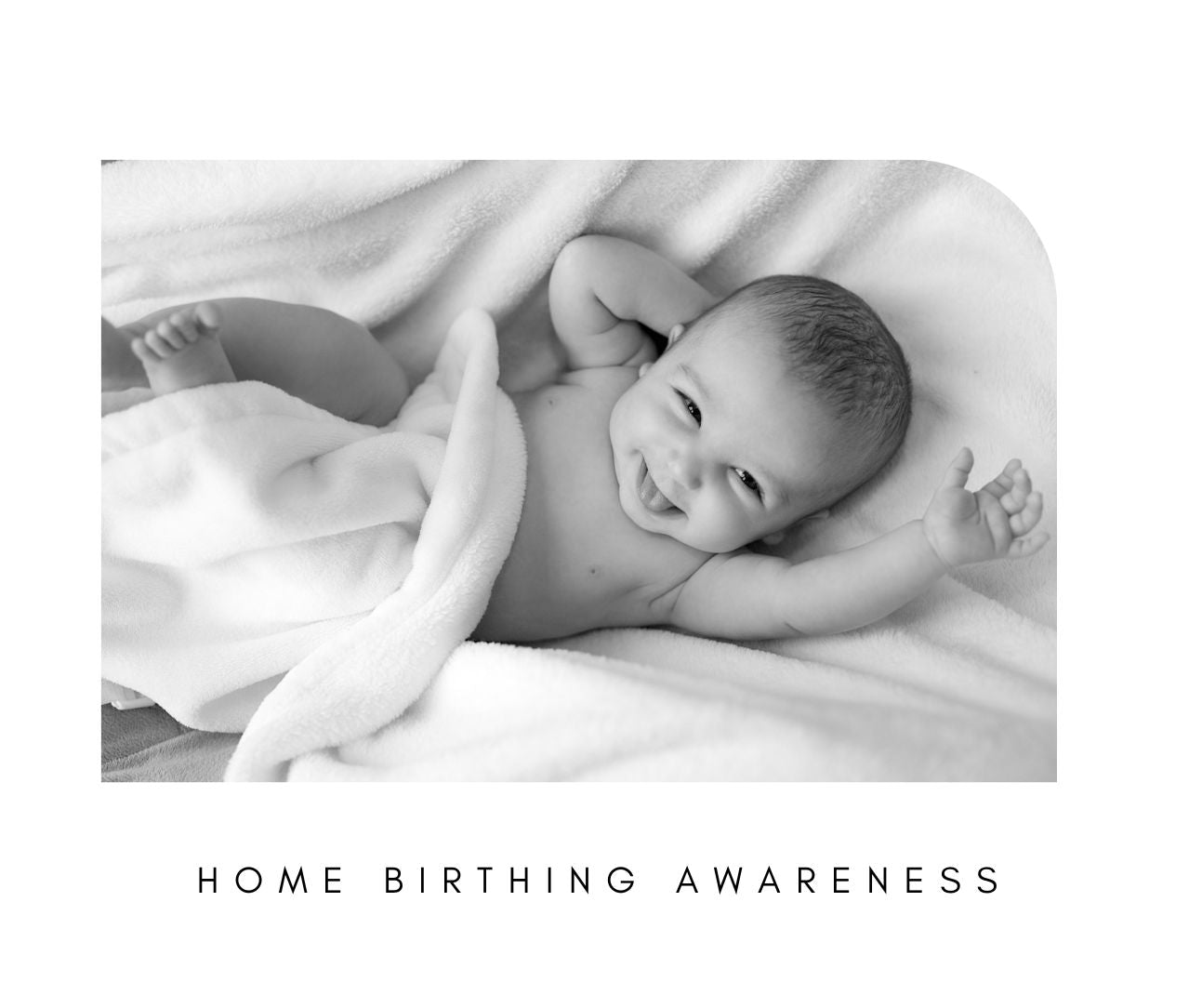Navigating the Baby Blues

Navigating the Baby Blues and Beyond
Bringing a new life into the world is an incredible experience, but it can also come with unexpected emotional challenges. Many new parents, particularly new mothers, find themselves grappling with feelings of sadness and anxiety shortly after childbirth. These feelings, often referred to as the "baby blues," are more common than you might think.
In this blog post, we'll explore the impact of the baby blues, debunk common misconceptions, discuss prevention strategies, and highlight treatments that can help new parents overcome these emotional hurdles. Our goal is to support you in understanding and navigating this challenging period, ensuring you can enjoy your new role as a parent to the fullest.
Understanding the Baby Blues
The baby blues affect a significant number of new mothers, with estimates suggesting that up to 80% experience some level of emotional upheaval following childbirth. These feelings typically emerge within the first few days after delivery and can last for up to two weeks. Symptoms may include mood swings, irritability, fatigue, and difficulty sleeping.
It's essential to recognise that experiencing the baby blues does not mean you are a bad parent or that you don't love your baby. These feelings are a natural response to the hormonal changes, sleep deprivation, and the immense responsibility that comes with caring for a newborn.
Common Misconceptions About the Baby Blues
One of the most pervasive myths about the baby blues is that they are the same as postpartum depression (PPD). While both conditions involve emotional distress, they differ in severity and duration. The baby blues are relatively mild and short-lived, whereas PPD is more intense and can last for several months if left untreated.
Another misconception is that only mothers experience the baby blues. In reality, new fathers and partners can also feel overwhelmed and anxious. The transition to parenthood is a significant life change for everyone involved, and it's crucial to acknowledge and address these feelings in all parents.
The Impact of the Baby Blues on New Parents
The emotional toll of the baby blues can be profound, affecting not only the parent's well-being but also their ability to bond with their newborn. Feelings of sadness and anxiety can make it challenging to engage in joyful interactions with the baby, potentially impacting the parent-child relationship.
In addition to the emotional strain, the baby blues can exacerbate physical exhaustion. New parents are already dealing with disrupted sleep patterns and the demands of round-the-clock infant care. The added burden of emotional distress can make it even harder to find the energy and patience needed to care for a newborn.
Recognizing the Signs Early
Early recognition of the signs of the baby blues is crucial for managing and mitigating its effects. Common symptoms include crying spells, mood swings, anxiety, irritability, and difficulty concentrating. If you or someone you know is experiencing these symptoms, it's essential to seek support and take proactive steps to address them.
Talking to a healthcare provider can provide valuable insights and resources. They can help differentiate between the baby blues and more severe conditions like PPD, ensuring you receive the appropriate care and support.
Prevention Strategies for the Baby Blues
While it's not always possible to prevent the baby blues entirely, several strategies can help reduce the risk and severity of symptoms. One of the most effective approaches is to build a robust support network before the baby arrives. This network can include family, friends, and healthcare professionals who can provide emotional and practical support during the postpartum period.
Self-care is another critical component of prevention. Prioritise rest, nutrition, and hydration to ensure your body has the resources it needs to recover from childbirth. Taking short breaks throughout the day to relax and recharge can also make a significant difference in your overall well-being.
The Role of Hormones
Hormonal fluctuations play a significant role in the onset of the baby blues. After childbirth, levels of oestrogen and progesterone drop rapidly, which can contribute to mood swings and emotional instability. Understanding the hormonal basis of these feelings can help normalise the experience and reduce feelings of guilt or inadequacy.
It's also worth noting that breastfeeding can influence hormone levels, potentially impacting mood and energy levels. If breastfeeding is contributing to emotional distress, consider speaking with a lactation consultant or healthcare provider to explore alternative feeding options.
Seeking Professional Help
If the baby blues persist beyond two weeks or worsen over time, it may be indicative of a more severe condition like PPD. In such cases, seeking professional help is essential. Treatment options for PPD include therapy, medication, and support groups, all of which can provide significant relief and improve overall well-being.
Therapists specialising in postpartum mental health can offer strategies and coping mechanisms tailored to your specific needs. Medication, when prescribed by a healthcare provider, can help balance mood and alleviate symptoms. Support groups offer a sense of community and shared experience, which can be incredibly comforting during challenging times.
Practical Tips for Managing the Baby Blues
There are several practical steps you can take to manage the baby blues and improve your emotional well-being. First, don't hesitate to ask for help. Whether it's enlisting a family member to watch the baby for a few hours or hiring a postpartum doula, having extra support can make a world of difference.
Engaging in light physical activity, such as walking or gentle stretching, can also boost your mood and energy levels. Fresh air and natural light have positive effects on mental health, so try to spend some time outdoors each day.
The Importance of Open Communication
Open communication with your partner, family, and friends is vital during the postpartum period. Sharing your feelings and experiences can help alleviate the emotional burden and foster a supportive environment. Encourage your partner to express their emotions as well, as they may also be experiencing stress and anxiety.
Having honest conversations about the challenges of parenthood can strengthen your relationship and create a sense of solidarity. Remember, it's okay to admit that you're struggling and to seek help when needed.
Building a Support Network
Building a support network is one of the most effective ways to combat the baby blues. This network can include family members, friends, healthcare providers, and other new parents. Joining a local parenting group or an online community can provide valuable connections and a sense of belonging.
Don't be afraid to lean on your support network for emotional and practical assistance. Accepting help with tasks like cooking, cleaning, and childcare can free up time for self-care and rest.
Long-Term Strategies for Emotional Well-Being
Maintaining emotional well-being is an ongoing process that extends beyond the initial postpartum period. Developing healthy coping mechanisms, such as mindfulness practices and stress management techniques, can support long-term mental health.
Regular check-ins with your healthcare provider can also help monitor your emotional well-being and address any emerging issues promptly. Staying connected with your support network and continuing to prioritise self-care will contribute to sustained emotional resilience.
Final Thoughts
Navigating the baby blues and the emotional challenges of new parenthood can be daunting, but you don't have to face it alone. By understanding the impact, debunking misconceptions, and implementing practical strategies, you can manage these feelings and focus on the joys of parenthood.
Remember, seeking help is a sign of strength, not weakness. If you're struggling, don't hesitate to reach out to a healthcare provider or a trusted support network. With the right resources and support, you can overcome the baby blues and thrive in your new role as a parent.
~ jinki.com




